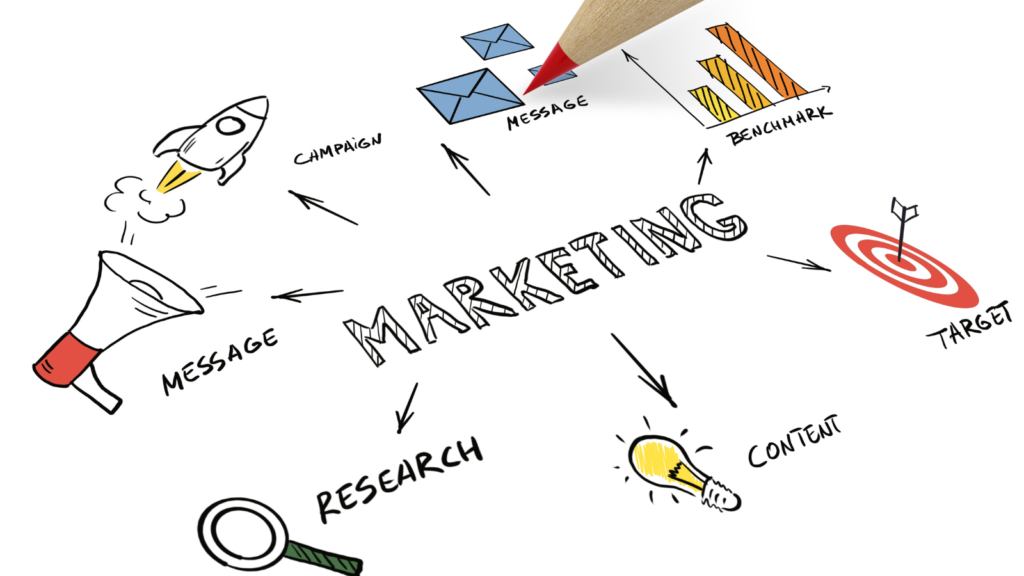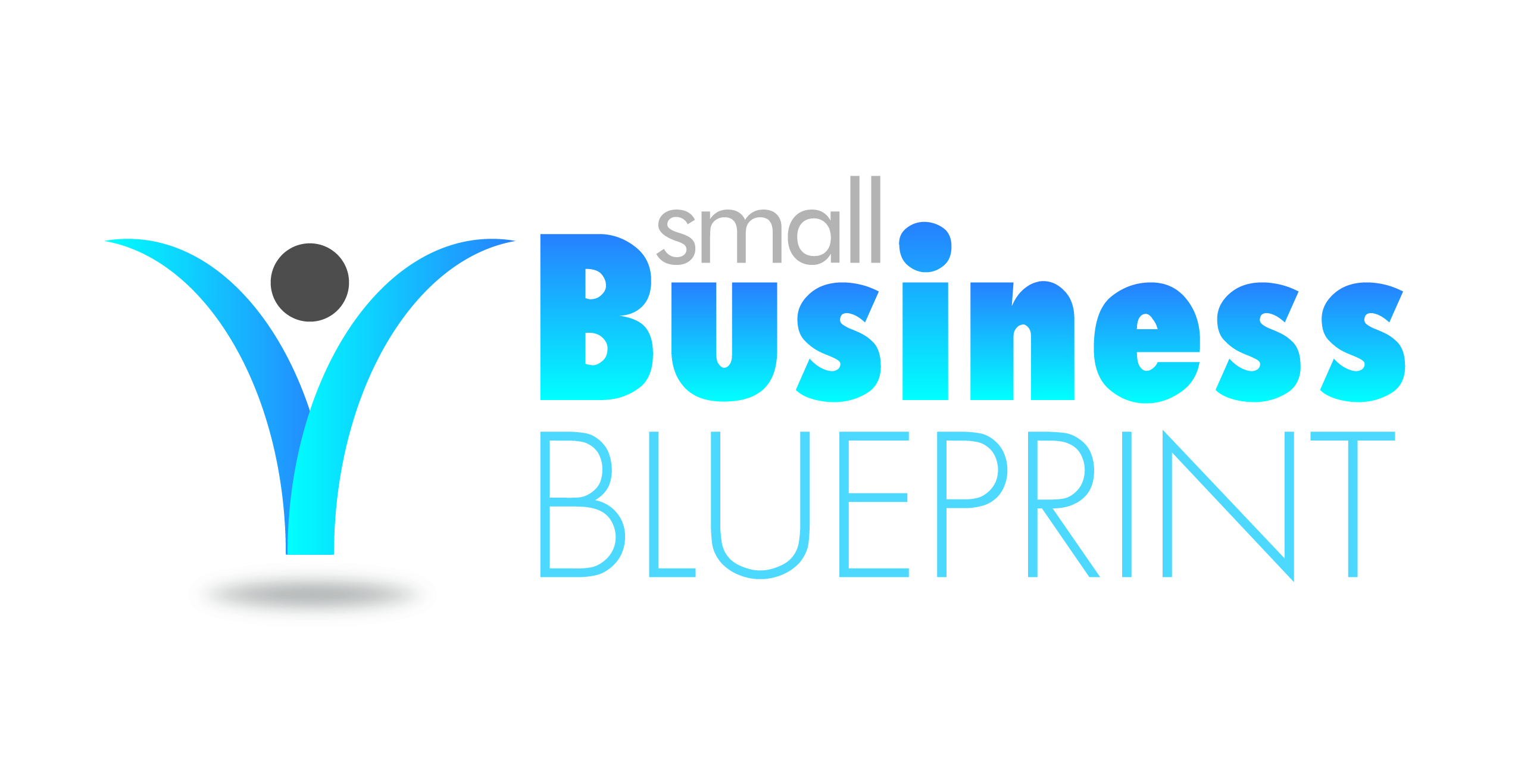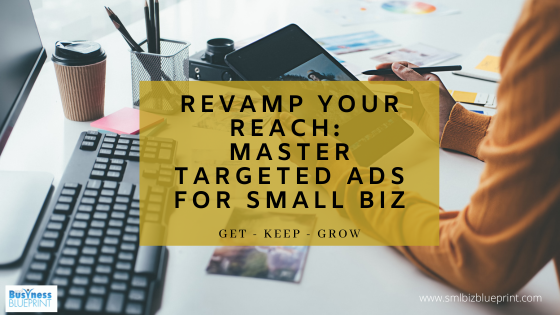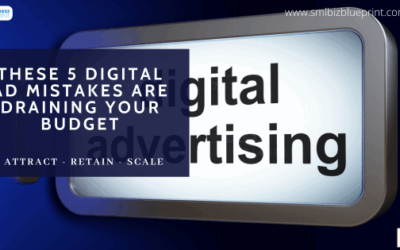In today’s digital landscape, targeted advertising is a cornerstone for business success.
It’s the art of delivering the right message to the right person at the right time. As a business owner, mastering this skill means reaching your audience more effectively and maximising the return on your advertising investments.
This guide is your roadmap to navigating the complex yet rewarding world of targeted advertising.
Actions:
Recognise Your Audience:
Identify the demographics, interests, and behaviours of your target audience.
Set Clear Goals:
Define your goal with targeted advertising (e.g., brand awareness, sales).
Learn the Basics:
Educate yourself about different advertising channels and how they can target specific audience segments.

Understanding the Basics of Targeted Advertising
You can create advertisements that resonate deeply with your audience by leveraging data analytics and insights. This isn’t just about showing ads; it’s about creating a connection by addressing specific needs and interests.
Core Idea:
Targeted advertising revolves around tailoring your marketing efforts to specific segments of your audience based on their preferences, behaviours, and demographics.
Actions:
Data Analysis:
Collect and analyse customer data to understand preferences and behaviours
.
Segmentation:
Divide your audience into segments based on shared characteristics.
Channel Selection:
Choose the most appropriate advertising channels for each segment.
Benefits of Targeted Advertising for Businesses
Targeted advertising is a game-changer. It allows you to spend your marketing budget more efficiently, leading to lower costs per acquisition and higher overall ROI.
It’s not just about reaching more people; it’s about reaching the right people.
Core Idea:
Implement targeted advertising to see tangible improvements in your customer engagement and conversion rates.
Actions
Cost-Efficiency:
Focus your budget on reaching the most relevant audience.
Engagement Tracking:
Use analytics to track engagement and adjust strategies accordingly.
Customer Journey Mapping:
Understand and target customers at different stages of the buying journey.
Key Strategies for Effective Targeted Advertising
To master targeted advertising, familiarise yourself with strategies like retargeting, lookalike audiences, and contextual targeting. The key is understanding your audience’s online behaviour and preferences and tailoring your ads to match these insights.
Core Idea:
Adopt a multi-channel approach and use customer data effectively to refine your targeting strategies.
Actions
Retargeting:
Implement retargeting to reach users who have previously interacted with your brand.
Personalisation:
Customise your ads based on user data to increase relevance.
A/B Testing:
Regularly test different elements of your ads to find the most effective combinations.

Technological Tools and Platforms for Targeted Advertising
These platforms offer unparalleled opportunities for precision in targeting, with options to customise based on location, interests, online behaviour, and much more.
Core Idea:
Utilise platforms like Facebook Ads Manager and Google AdWords to leverage their advanced targeting capabilities.
Actions
Platform Research:
Research and select platforms that best match your audience and goals (e.g., Facebook, Google Ads).
Learning Features:
Familiarise yourself with the targeting features of each platform.
Integration:
Integrate your advertising tools with your CRM system for seamless data flow.
Understanding and Respecting Privacy Concerns
As beneficial as targeted advertising can be, balancing it with respect for consumer privacy is crucial. Stay updated on laws like GDPR and ensure your advertising practices are transparent and compliant.
Core Idea: Always adhere to privacy laws and ethical guidelines in your targeted advertising efforts.
Actions
Stay Informed:
Keep up-to-date with privacy laws and regulations.
Transparency:
Be transparent with your audience about how their data is being used.
Secure Data Handling:
Ensure that customer data is handled securely and ethically.
Future Trends and Predictions in Targeted Advertising
The future of targeted advertising is exciting and ever-evolving. Anticipating these trends can give you a competitive edge.
Core Idea: Stay informed about emerging trends like AI-driven targeting and augmented reality in advertising.
Actions
Engage in Continuous Learning
Subscribe to Industry Newsletters and Blogs:
Sign up for digital marketing and advertising newsletters, blogs, or magazines that regularly cover the latest trends in the industry. This can be a convenient way to receive curated information directly in your inbox.
Attend Webinars and Conferences:
Participate in webinars, online courses, and industry conferences on digital marketing and advertising trends. These events often feature expert insights into upcoming trends and new technologies.
Experiment with New Technologies and Strategies:
Pilot New Tools:
Allocate a small portion of your budget to test new advertising tools or platforms as they emerge. This can include AI-driven ad optimisation tools, new social media platforms gaining popularity, or experimental advertising formats like AR or VR.
Use A/B Testing for Innovations:
When experimenting with new techniques or platforms, employ A/B testing to measure their effectiveness compared to your current strategies. This will help you make data-driven decisions about incorporating new methods into your larger advertising strategy.
Build a Flexible and Adaptive Marketing Strategy:
Make it a habit to review your marketing strategies at regular intervals. Be ready to pivot or adapt your strategies based on the latest trends and observed results.
Network with Peers:
Build a network with other business owners and marketers. Shared experiences and insights can often provide early indicators of effective new trends.
Customer Feedback Loops:
Implement mechanisms to gather and analyse customer feedback regularly. Understanding evolving customer preferences can give you a head start in adapting to market changes.

Maximising ROI with Targeted Advertising
In conclusion, mastering targeted advertising is essential for any business looking to thrive in the digital age.
By understanding your audience, leveraging the right tools, and staying ahead of trends, you can turn your advertising efforts into a significant growth driver for your business.
Actions
Review and Adjust:
Regularly review your advertising performance and make necessary adjustments.
ROI Tracking:
Keep track of ROI to measure the effectiveness of your targeted advertising.
Long-Term Planning:
Continuously refine your long-term advertising strategy based on performance insights.
Must Haves
Understanding the Basics of Targeted Advertising:
Educate yourself on the fundamentals of targeted advertising. This includes understanding how to analyse customer data, segment your audience, and select the most suitable advertising channels for your target segments. This foundational knowledge is crucial for any successful targeted advertising campaign.
Key Strategies for Effective Targeted Advertising:
Implement core strategies such as retargeting, personalisation, and A/B testing. These strategies are pivotal in ensuring your advertising resonates with your audience and yields optimal results. Understanding and applying these strategies can significantly enhance the effectiveness of your campaigns.
Technological Tools and Platforms for Targeted Advertising:
Familiarise yourself with and utilise key advertising platforms and tools, such as Google AdWords, Facebook Ads Manager, and LinkedIn Advertising. These platforms offer a range of targeting options tailored to your specific audience. Knowing how to leverage these tools effectively is essential for reaching and engaging your target customers.
Additional Options
Leveraging User-Generated Content (UGC):
Encourage and incorporate user-generated content in your advertising. UGC, such as customer reviews, photos, or videos, can significantly enhance the authenticity and relatability of your ads. This approach can create a more personal and trust-based connection with your audience.
Why It’s Useful: UGC often resonates more effectively with audiences because it’s seen as more genuine and relatable than traditional marketing content.
Utilising Psychological Triggers in Advertising:
Innovative Application:
Implement psychological triggers like social proof, scarcity, and the fear of missing out (FOMO) in your ad campaigns. These triggers can subtly influence consumer behaviour and decision-making, making your ads more compelling and effective.
Why It’s Useful: Understanding and applying principles of consumer psychology can greatly enhance the impact of your advertising, leading to higher engagement and conversion rates.
Voice and Conversational AI Integration:
Innovative Application:
Explore opportunities to integrate your advertising efforts with voice search and conversational AI platforms, like chatbots or voice assistants. As voice search becomes increasingly popular, optimising for voice search queries and using conversational AI can place your brand ahead of the curve.
Why It’s Useful: This approach taps into the growing trend of voice-activated searches and devices, allowing you to reach audiences through new and increasingly popular mediums.
FAQs
Q1: What is targeted advertising?
A2: Targeted advertising is a marketing approach that involves identifying and serving advertisements to segments of your audience based on specific criteria like behaviour, demographics, and interests.
Q2: How does targeted advertising improve ROI?
A2: By focusing on an audience more likely to be interested in your products or services, targeted advertising ensures a higher conversion rate and better use of your advertising budget.
Q3: What are some common platforms for targeted advertising?
A3: Popular platforms include Google AdWords, Facebook Ads Manager, and LinkedIn Advertising, each offering unique targeting features.
Q4: How can small businesses start with targeted advertising?
A4: Identify your target audience, choose the right platform, and start with a small budget to test and learn.
Q5: What are the ethical considerations in targeted advertising?
A5: Ethical considerations include respect for user privacy, adhering to regulations like GDPR, and being transparent about data usage.
Q6: Can targeted advertising work for all types of businesses?
A6: Absolutely. Whether you’re a B2B or B2C business, targeted advertising can be tailored to suit your specific audience and goals.
Q7: How do I measure the success of my targeted advertising campaigns?
A7: Key metrics include conversion rates, cost per acquisition, and overall ROI.




